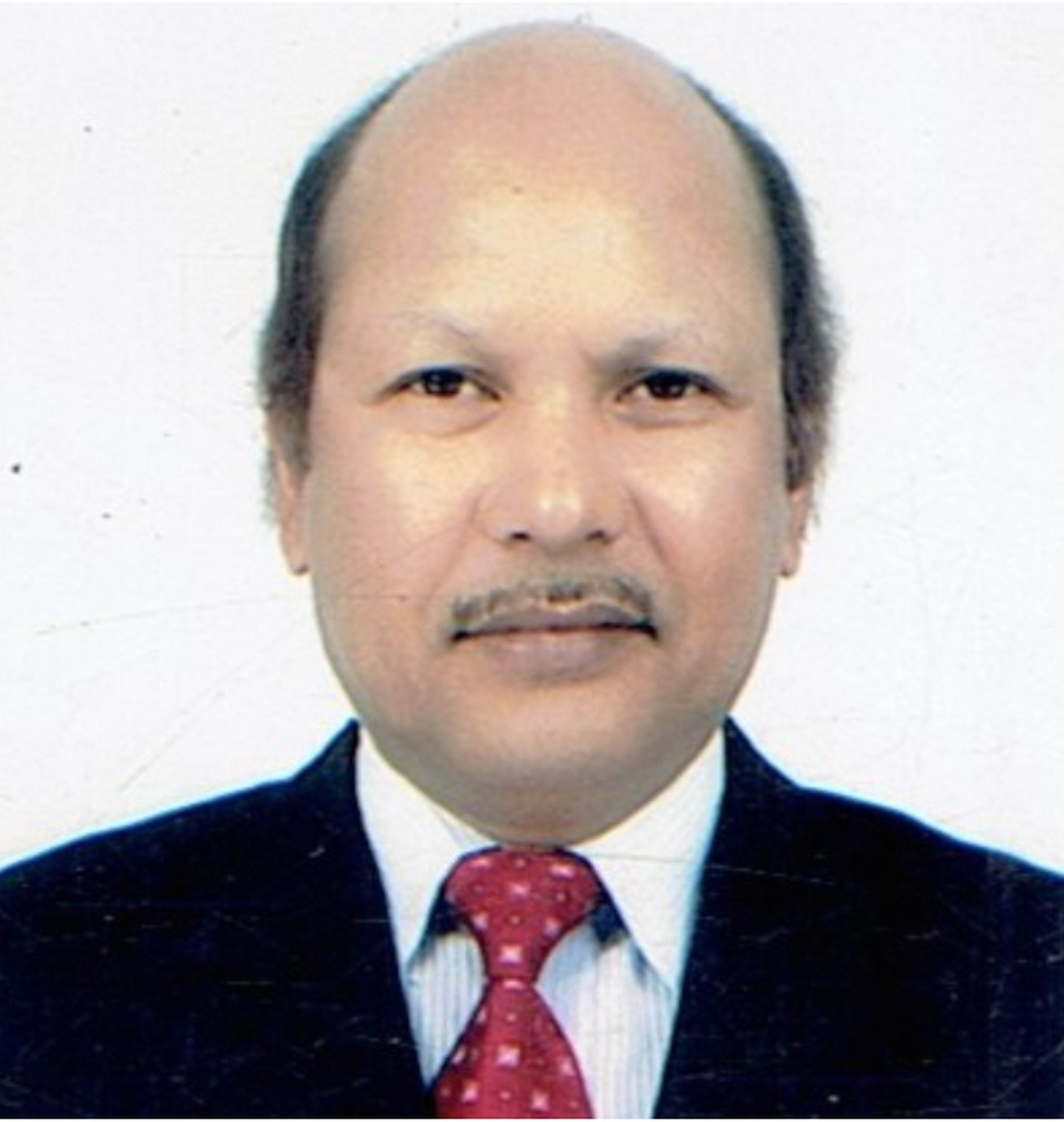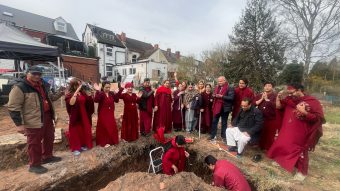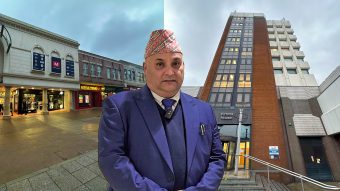Dillydallying of both British and Nepal Governments



Dr Ram Kandangwa
Gurkhas had staged second fast-unto-death at 10 Downing Street, London in August last year to get addressed their genuine but long-overdue demands. Relay hunger strike for 13 days in the name of 13 Gurkha VCs followed the fast-unto-death. Gurkhas have been serving for the British Crown for the last 207 years. Most recently, they fought wars in Iraq, Afghanistan and former Yugoslavia. Notwithstanding, they are glaringly discriminated against. Hence, the ex-British Gurkhas have been crusading for the last six-lustrum to get materialised their demands of equality, justice and dignity. Before the Gurkha striving for equal pension and all had begun, there existed pretty well 15 times gap between the pension of Gurkhas and their British counterparts. But the huge gap is narrowing down owing to the unrelenting Gurkha movement. Astoundingly, British government has always been changing its tune like thechameleon.
Nearly three decades ago, their first argument was that the tripartite agreement concluded between Nepal, Britain and India on 9 November 1947 would bar to treat Gurkhas equally. With the passing time, the Gurkhas, after deep study and analysis of the treaty, made clear that the treaty would not bar, instead, according to the treaty provisions, they should treat Gurkhas uniformly. Then they began to argue that prior to treating Gurkhas homogeneously, India being one of the parties of the treaty, their consensus should be sought. India clarified its posture much later on that it did not have any say in this regard being it a business of solely Britain and Nepal. That followed another stance of cost of living. Gurkhas retire in Nepal, live in Nepal and the cost of living in Nepal is much lower than in the UK. The Gurkhas thus receive much less pension than the British soldiers.
More Gurkhas today live in the UK than in Nepal following the change of policy under the Labour government in 2009. Nevertheless, the treatment towards the Gurkhas has not changed yet. Instead, they have started to say that the Gurkhas qualify for an immediate pension after 15 years of service, whereas their counterparts qualify only after 22 years of service. Even if some Gurkhas might have received some more years of pension payments than the British soldiers, they still got dramatically less as the British soldier’s one month pension equaled to one year‘s Gurkha pension. Such statements haveadded morass in the situation. Another point is discriminationsdid not exist only on pension but also did on salary, allowance, compensation, promotion, family permission, accommodation, uniform, meals and whatnot. Next horrible thing is naive Gurkhas were laid off just after 15 years of service (in their early thirties) when; actually, they should be at the height of their career. This policy means to Gurkhas is like “out of the frying pan into the fire”. It feels that the British government still has not got rid of the hangover of colonial mentality.
This time round, there were many factors responsible to make the Gurkha hunger-strike-unto-death blindingly crucial than the first one held in 2013. Firstly, British veterans, institutions like UK-Nepal Friendship Society, British Sikh Community, etc, were rallied to the Gurkha campaign. The British veterans would converge on Downing Street with popular and powerful slogan:“Gurkhas fought for us and now we fight for them”. They were firm to triumph their goal and persevered everything they encountered during the time of adversity. They even squabbledwith the British Police when the latter ruthlessly removed the gazebos pitched by the hunger strikers to protect themselves from inclement conditions. The Police had even attempted to remove the hunger strikers but failed as the hunger strikers struggled hard to stay on.
This time round as stated above massive supports outpoured to the Gurkha movement from all walks of life. Main opposition party of Britain (Labour) shortly expressed its solidarity with the hunger strikers. A popular heavy weight British artiste, Ms Joanna Lumley, came down heavily upon the British government for maintaining indifference and urged to act swiftly. Scores of UK based Nepalis organisations, both political and apolitical alike, hurriedly warned the government that they would soon embark upon the Gurkha movement if the government would still perpetuate shilly-shallying in responding to the Gurkhas. Last but not the least, the rapidly and globally growing solemn concern of equality and human rights added fuel to the fire. In this fashion, the government had been experiencing overwhelming pressure from the whole British nation. Feelings were running high. The general British public saw the Gurkha hunger strike that only a deep sense of discriminations could drive these loyal, gallant and respectful souls to employ this extreme measure.
Back in Nepal, the extreme measure of the Gurkhas had generated a deep concern amongst all Nepalis. The apex court issued mandamus to the government that it was a top priority to protect the lives of the three Gurkha hunger strikers. A hotshotcommunist leader Dr Bhim Rawal in the federal parliament and an MP of province number 1, Bishnumaya Tumbahangfe, dwelt upon Gurkha demands for more than 20 minutes, which was unthinkable in the past even for a couple of minutes.
More to the point, globally powerful British media like BBC Television, Sky News Television, etc, extensively covered the Gurkha protest and interviewed many Gurkhas and non-Gurkhas alike. Such unprecedented pressure emanated from all walks of life eventually compelled the British government to give way tothe Gurkhas. It was the maiden acquiesce of the Britishgovernment in the three decade-long Gurkha campaign that it would hold trilateral dialogue between representatives ofBritain, Nepal and the Gurkhas. In so doing, it has agreed to revolve round the dialogue on the technical committee report prepared by the representatives of Britain, Nepal and the Gurkhas three years ago and the report was submitted to both the governments on 22 March 2018.
At such overwrought atmosphere, the British Secretary of State for Defence, Ben Wallace, agreed to see the hunger strikers with uplifting written agreement. That followed the called off of the ongoing Gurkha fast-unto-death after 13th day. Secretary Ben Wallace by meeting the hunger strikers at the hunger strike site made written pledges in front of the digitalised world that thegovernment would hold a preparatory dialogue in September 2021 and substantive dialogues in mid December 2021 and thenceforth. Moreover, the talks would conclude within February, announce the conclusions in March and effect them from April 1, 2022.
The preparatory talk was held on 8 September 2021 at the Nepalese embassy, London. But to the Gurkhas’ dismay, the said time for the substantive talks is long gone now. Although the British government is reiterating its concern by writing to the Nepalis government in this regard, Nepalis government seems dithering. The Gurkha Satyagraha leadership has umpteen times reminded the prime minister, foreign minister, foreign secretary as well as the top brasses of the major political parties.
It is not only a matter of money the Gurkhas are going to receivebut, above all, it is an issue of 30 million proud Nepalis related with sovereignty, independence and dignity of Nepal. The ball now is in Nepal’s court. Therefore, Nepalis government should swiftly take concrete initiative not only to deal with Gurkha demands but also to sort out the long-shelved issues linked with the Gurkhas serving in Singapore as Police and in Brunei as security guards (before as soldiers) for decades. They should form a proficient and plenipotentiary dialogue committeewithout more ado to end the humiliating behaviour against Nepalis. Half a dozen former prime ministers of this country had, while attending the national symposium organised by Gurkha Satyagraha in 2019 in Kathmandu, strongly committed that they would strengthen the Gurkha campaign to end the disgusting discriminations at the earliest. Sadly, that did not happen.
The absurdity is the UK, a sovereign country, recruits soldiers from another sovereign, independent country, Nepal, to serve in still other sovereign countries Singapore and Brunei. Realistically, Britain is trading the Gurkhas for the last 207 years. An erudite Dr Mary Des Chene writes thus: “Gurkhas have been sold and bartered and they have been the coin of international diplomacy at key moments in Nepalis history”. Despite this, the honchos, intellectuals and historians steadfastly gloat about Nepal’s independence and sovereignty, and that the nation was never colonised.
It is crystal clear to all that the six-lustrum long Gurkha crusade is pretty much bearing fruit. Thus the government being extremely solemn and without more ado should take appropriate moves to make it a coup de grace. If, unfortunately, it does not happen, then the aggrieved Gurkhas, with support of the British veterans, British folks, scores of British and Nepalisorganisations operating in the UK, will not have any option but to stage another still more powerful fast-unto-death. The tornado generated by the combined force will undeniably cost dear to both the governments Britain and Nepal.
सम्बन्धित सामग्रीहरू
हाम्रो सिफारिस

बेलायतको पृथक नेपाली संस्था जसको प्राथमिकता छ पुस्तान्तरण, च्यारिटी र वेलबिइङ (भिडियो)
- १
- २
- ३
- ४
- ५










